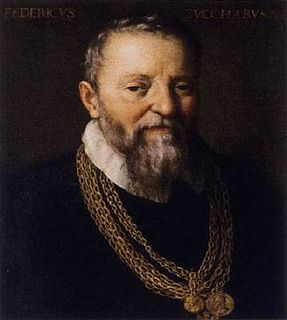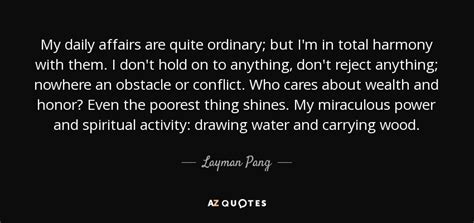A Quote by Ludwig von Mises
Only stilted pedants can conceive the idea that there are absolute norms to tell what is beautiful and what is not. They try to derive from the works of the past a code of rules with which, as they fancy, the writers and artists of the future should comply. But the genius does not cooperate with the pundit.
Related Quotes
And we should forget, day by day, what we have done; this is true non-attachment. And we should do something new. To do something new, of course we must know our past, and this is alright. But we should not keep holding onto anything we have done; we should only reflect on it. And we must have some idea of what we should do in the future. But the future is the future, the past is the past; now we should work on something new.
My concern today is with the painting of manners of the present. The past is interesting not only by reason of the beauty which could be distilled from it by those artists for whom it was the present, but also precisely because it is the past, for its historical value. It is the same with the present. The pleasure which we derive from the representation of the present is due not only to the beauty with which it can be invested, but also to its essential quality of being present
It is paltry philosophy if in the old-fashioned way one lays down rules and principles in total disregard of moral values . As soon as these appear one regards them as exceptions, which gives them a certain scientific status, and thus makes them into rules. Or again one may appeal to genius , which is above all rules; which amounts to admitting that rules are not only made for idiots , but are idiotic in themselves.
I teach you that there is no other aim than to live with such totality that each moment becomes a celebration. The very idea of "aim" brings future into the mind, because any aim, any end, any goal, needs future. All your goals deprive you of your present, which is the only reality you have. The future is only your imagination, and the past is just footprints left in the sands of your memory. Neither is the past real anymore, nor is the future real yet. This moment is the only reality.
The Man of Genius may at the same time be, indeed is commonly, an Artist, but the two are not to be confounded. The Man of Genius,referred to mankind, is an originator, an inspired or demonic man, who produces a perfect work in obedience to laws yet unexplored. The artist is he who detects and applies the law from observation of the works of Genius, whether of man or nature. The Artisan is he who merely applies the rules which others have detected. There has been no man of pure Genius, as there has been none wholly destitute of Genius.
His hypothesis goes to this - to make the common run of his readers fancy they can do all that can be done by genius, and to make the man of genius believe he can only do what is to be done by mechanical rules and systematic industry. This is not a very feasible scheme; nor is Sir Joshua sufficiently clear and explicit in his reasoning in support of it.
I remember I went to an exhibition somewhere and one of the artists, an Iranian lady, said, "I wish we had somewhere that our paintings would stay forever." So this idea came to me. I said, "She's right, we should have a place to keep them, and not only Iranian art works, but also of foreign artists."





































